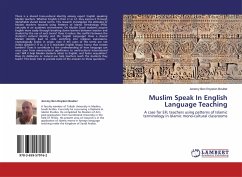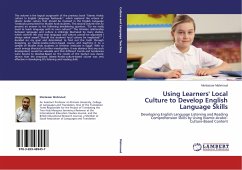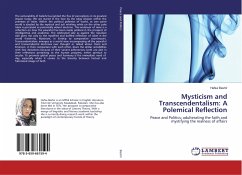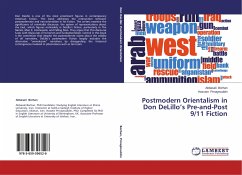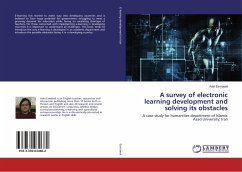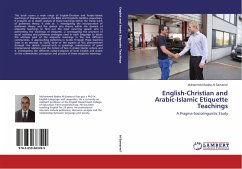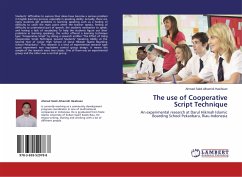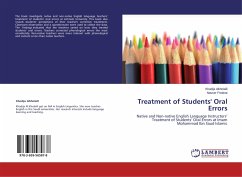There is a shared trans-cultural identity among expert English speaking Muslim teachers. Whether English is their L1 or L2, they express it through identifiable shared lexical norms. This research investigates the attitudes of Muslim teachers towards using Patterns of Islamic Terminology (PITs) naturally in an academic environment. Do Muslim Saudi students acquire English more easily through breaking down barriers between teacher and student by the use of such terms? Does it reduce the conflict between the student's cultural identity and the English Language? Does a shared Muslim identity lead to code switching into religious expressions, etymologically Arabic in origin, even if the users of the terms are not Arabic speakers? If so, is it a teachable English lingua franca that crosses borders? Does it contribute to the understanding of how language can cross over from mono-cultural significance to multi-cultural international use? Will it help Muslim students relate to English, and foster acquisition? Does its deliberate or natural use help teachers reach the students they teach? This book tries to provide some of the answers to these questions.

